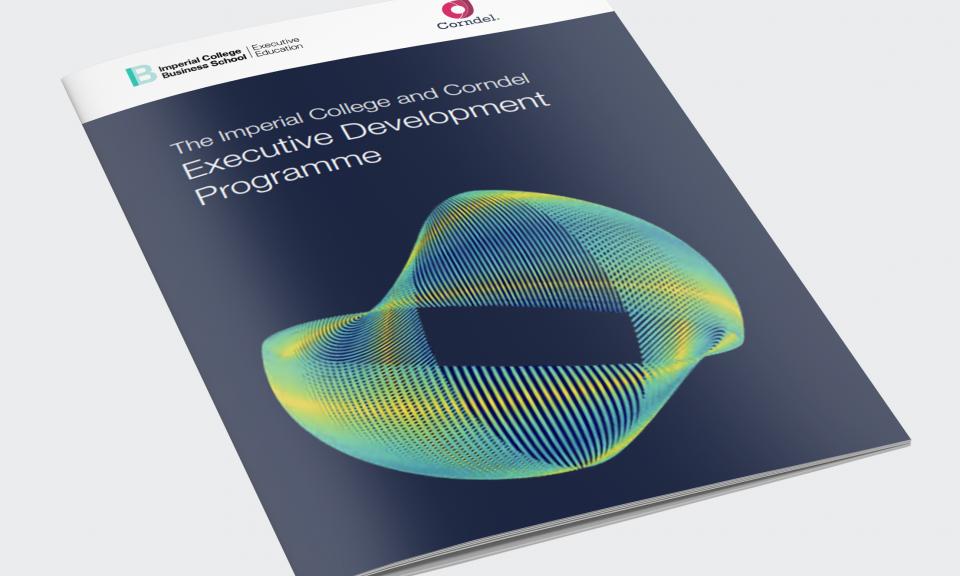
The sharp rise in universities giving unconditional offers of places to sixthformers makes institutions look “desperate” and risks making students “sit back and twiddle their thumbs”, a leading headteacher has warned.
Peter Hamilton, head of The Haberdashers’ Aske’s Boys’ School in Hertfordshire, told an education conference that he was concerned at the sharp rise in unconditional offers which saw a 93 per cent increase last year.
The number of unconditional offers rose from 12,100 in 2014 to 23,400 in 2015.
They now account for 2.5 per cent of all offers, and around one in 12 applicants now receive at least one unconditional offer.
It used to be relatively rare for universities to make unconditional offers. Between 2008 and 2013 fewer than one per cent of all offers were unconditional.
In 2008 and 2009 only 16 universities made more than 100 such offers a year. This dropped to just four universities in 2011, 2012 and 2013 before increasing to 19 universities in 2014 and then 36 in 2015.
Suzanne O’Farrell, Curriculum and Assessment Specialist at ASCL, the headteachers’ union, said: “I think it is a worrying trend. Students who have an unconditional offer can definitely slack off and this can have an impact on their performance which is not the best preparation for higher education.
“Students with unconditional offers can often sit back and be lulled into false sense of security. Students are expected to do so much independent work for their A-levels that if they slack off they will not gain the research skills they need for the future.”
Chris Ramsey at King’s Chester Chair of HMC’s Universities Committee said: “It does create some unhelpful stresses on schools. If you have some students who do not need A-levels at a particular level in the same class as students who do it can be difficult. There is also an issue of fairness. Independent schools can probably cope with it but it is going to be kids in less well- resourced schools who might suffer if they slack off because their teacher probably has less time and resources to follow it up.”
















